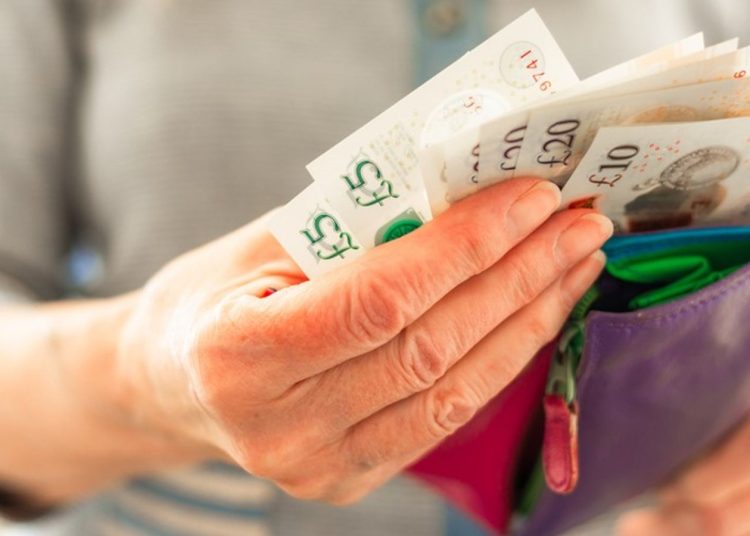‘I am a widow and have a property valued at approximately £400,000. Will my son have to pay inheritance tax?’
Following our explainer on ways you can prepare your family finances for inheritance tax rises, we received at least a dozen questions from readers asking if their estates will be subject to the tax.
For example…
I am a widow aged 80 and have a detached property valued at approximately £400,000. My son will inherit my house. Will he have to pay inheritance tax?
Shaz
We’ve put together some information that will hopefully not just answer this, but cover the basics for anyone with a similar question…
When do you have to pay inheritance tax?
Inheritance tax is due when you leave an estate valued above a certain threshold to your loved ones when you die.
There is no tax if your estate’s value is below the £325,000 threshold or you leave your estate to your spouse or civil partner, or an exempt charity or group.
The tax is currently charged at 40% – but only on the part of the estate that lies above the threshold. To use Shaz’s figures as an example, if someone’s estate is worth £400,000 when they die, then £75,000 of that estate would be taxed at 40% (£30,000 total tax).
Passing on a home
The rules are largely the same when it comes to passing on a home when you die.
If you’re giving it to your spouse or civil partner there’s no tax to pay, though it’ll count…



























































